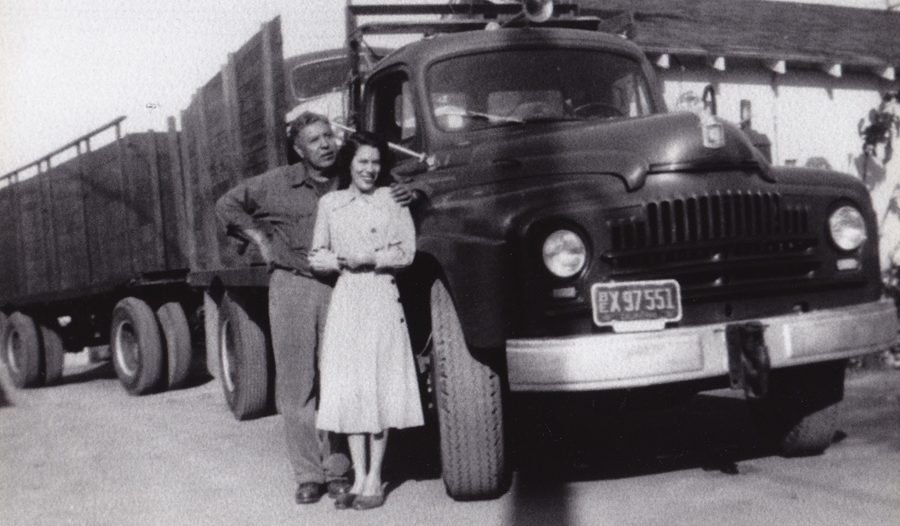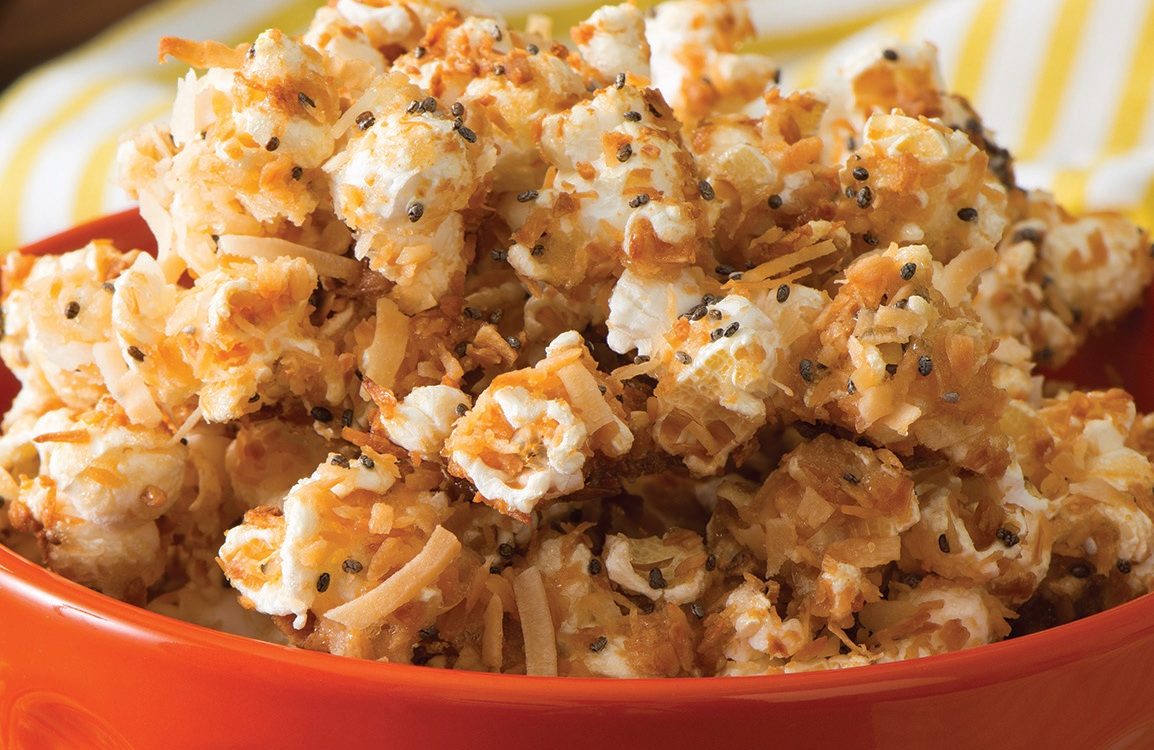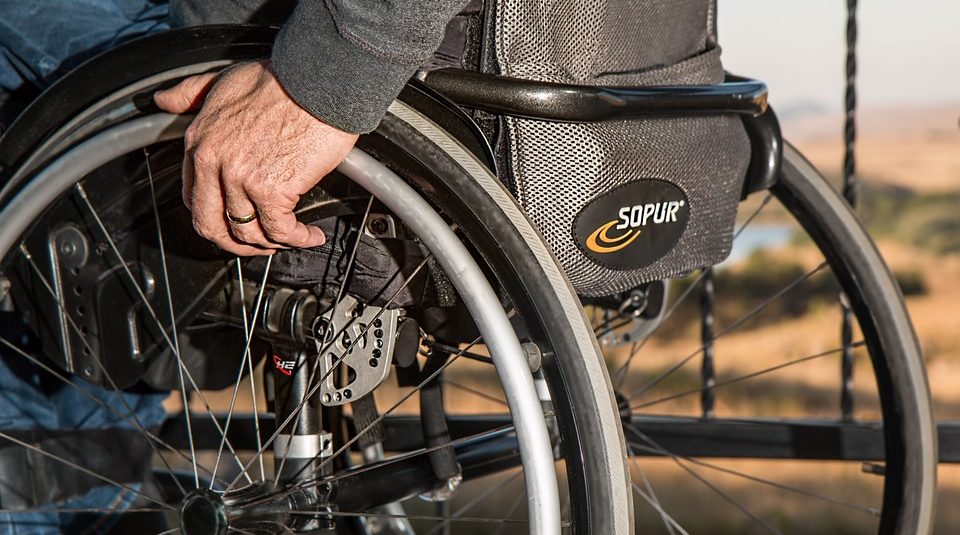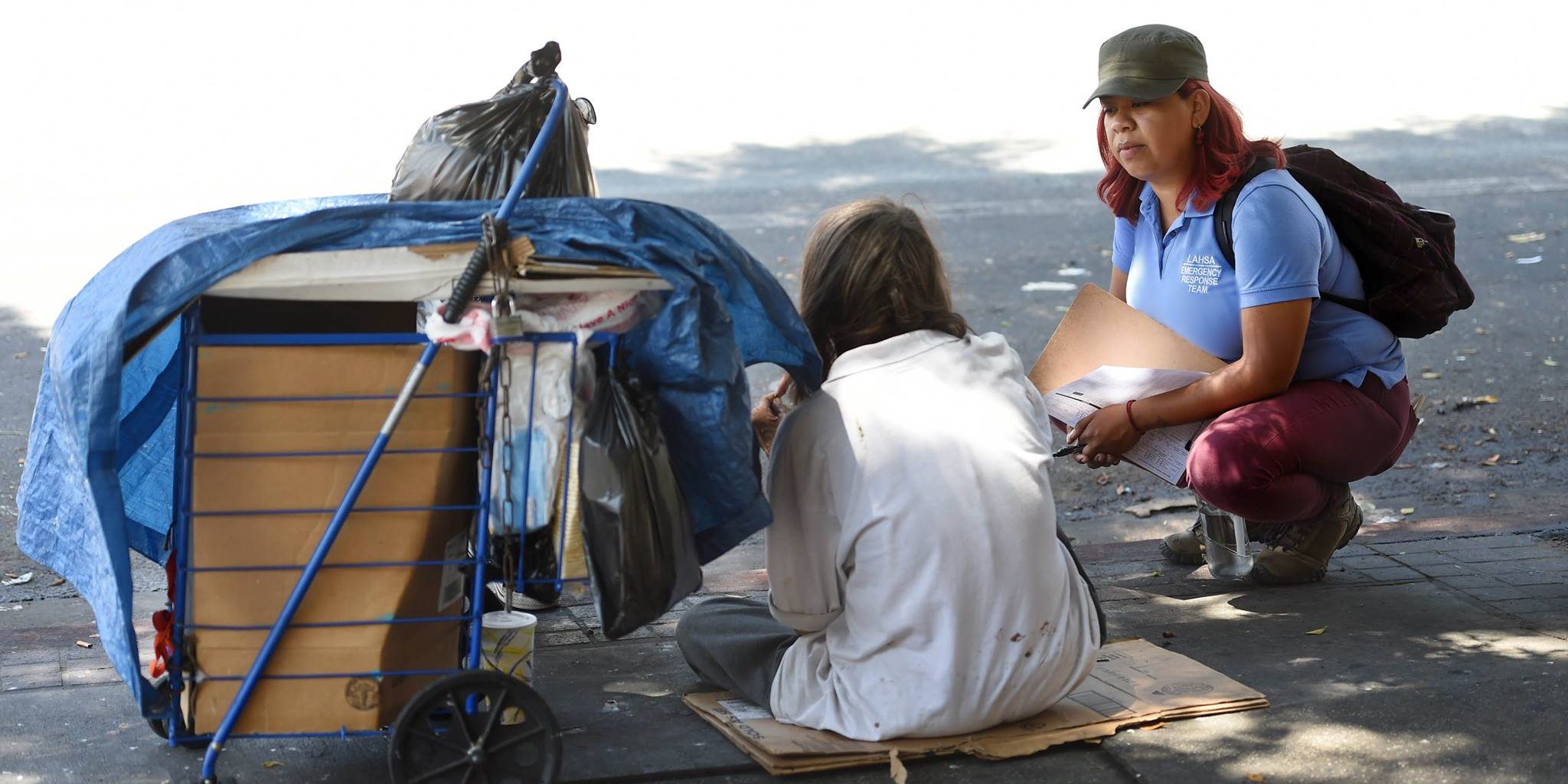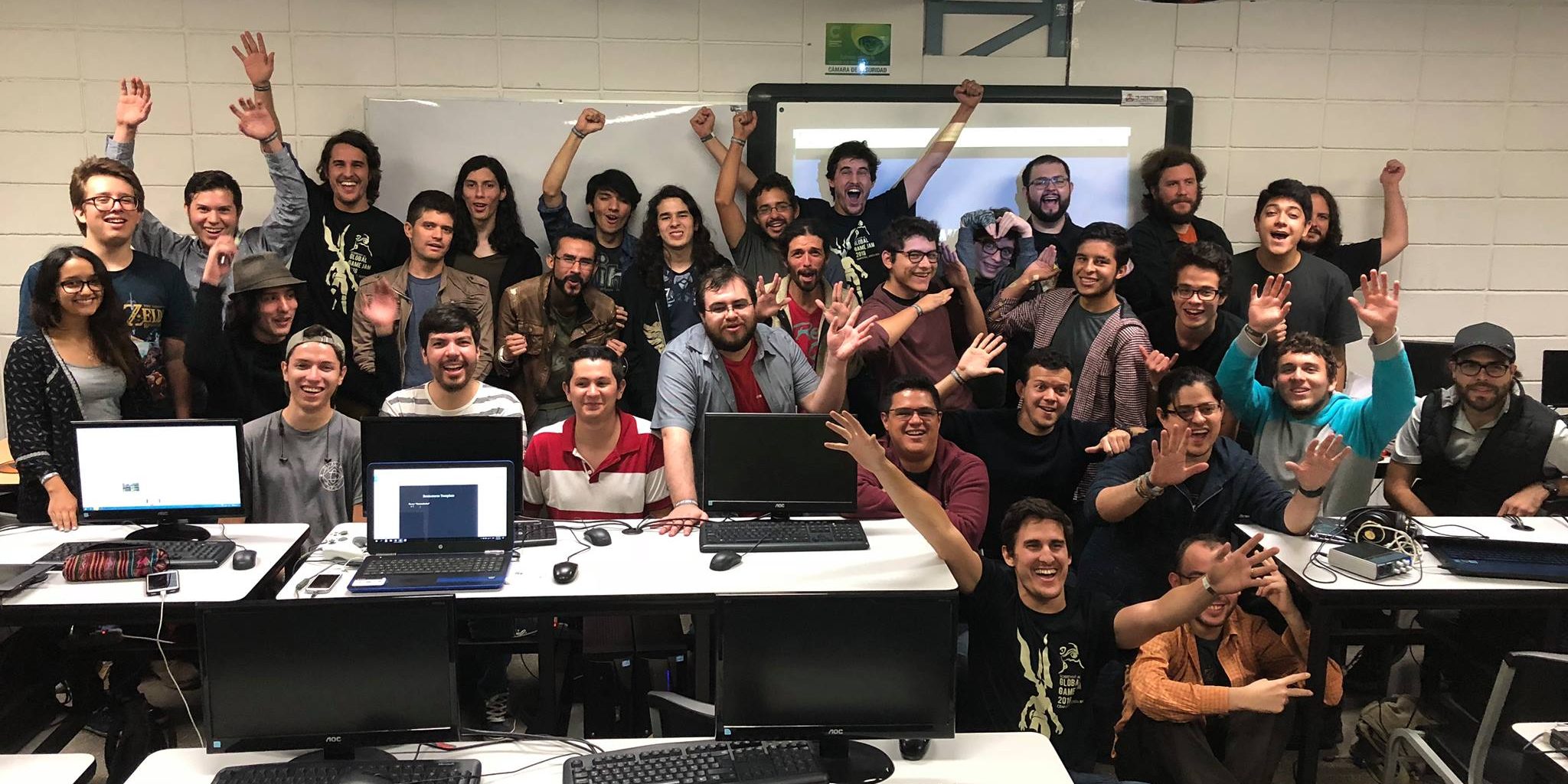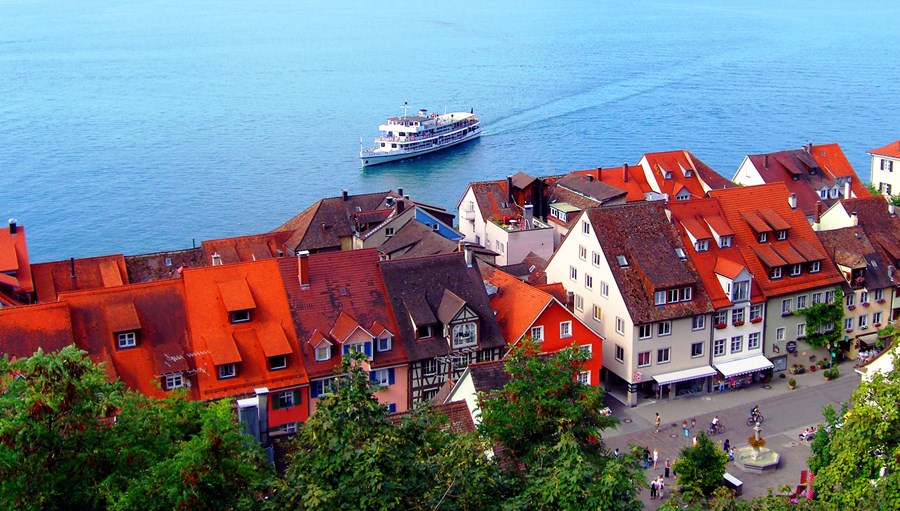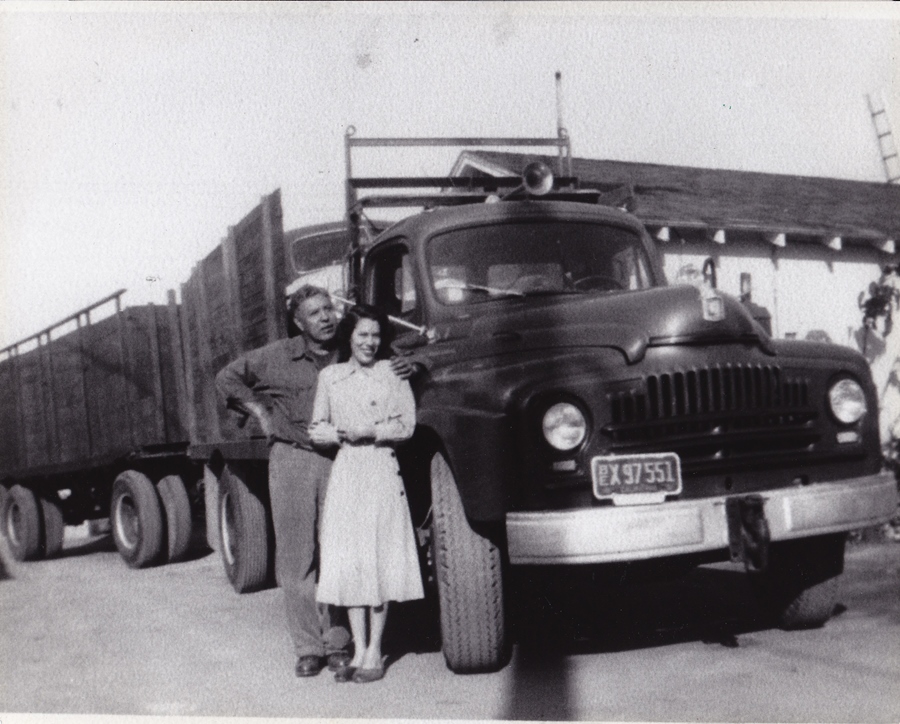
A tale of Mexican-American struggle, determination and kindness
By Susie Ling, Monrovia Legacy Project
“Big Jim” Espinosa was 6-foot-3 and between 200 and 300 pounds of mostly muscle, but it was his heart that was really big. Big Jim was a Monrovia community leader of his time.
James William Espinosa (1904-1981) was born on Lucky Baldwin’s ranch in Arcadia. His father, Toribio, was then a ranch hand on the Baldwin estate and his mother, Maria, was of the Papago tribe (or Tohono O’odham) and born at the mission in San Luis Obispo. For Toribio’s work on the ranch, Baldwin gave him land on South Magnolia in Monrovia. This land was transferred before Monrovia started to enforce racially restrictive housing covenants that would otherwise have prevented a Hispanic family from owning property in this area outside the “barrio.” Although Monrovia Mexicans lived alongside African-Americans and some Asian-Americans south of Olive Avenue and east of Canyon Boulevard, there was still a social sense of barrio and ethnic solidarity.
Unfortunately, Maria and Toribio died in 1923 within months of each other. Jim was but 19 and the oldest of five siblings. At the time of his death, Toribio had been a foreman for C. O. Banks’ packing house on Duarte Road. Banks gave the job to 19-year old James. Mary Lou Espinosa Sandoval, James’ daughter said, “Dad took his father’s job and hired a Mexican nanny to help him take care of the younger siblings.”
Big Jim married Lucille “Lucy” Guardado. She was born in 1909 off Huntington Drive in Duarte.
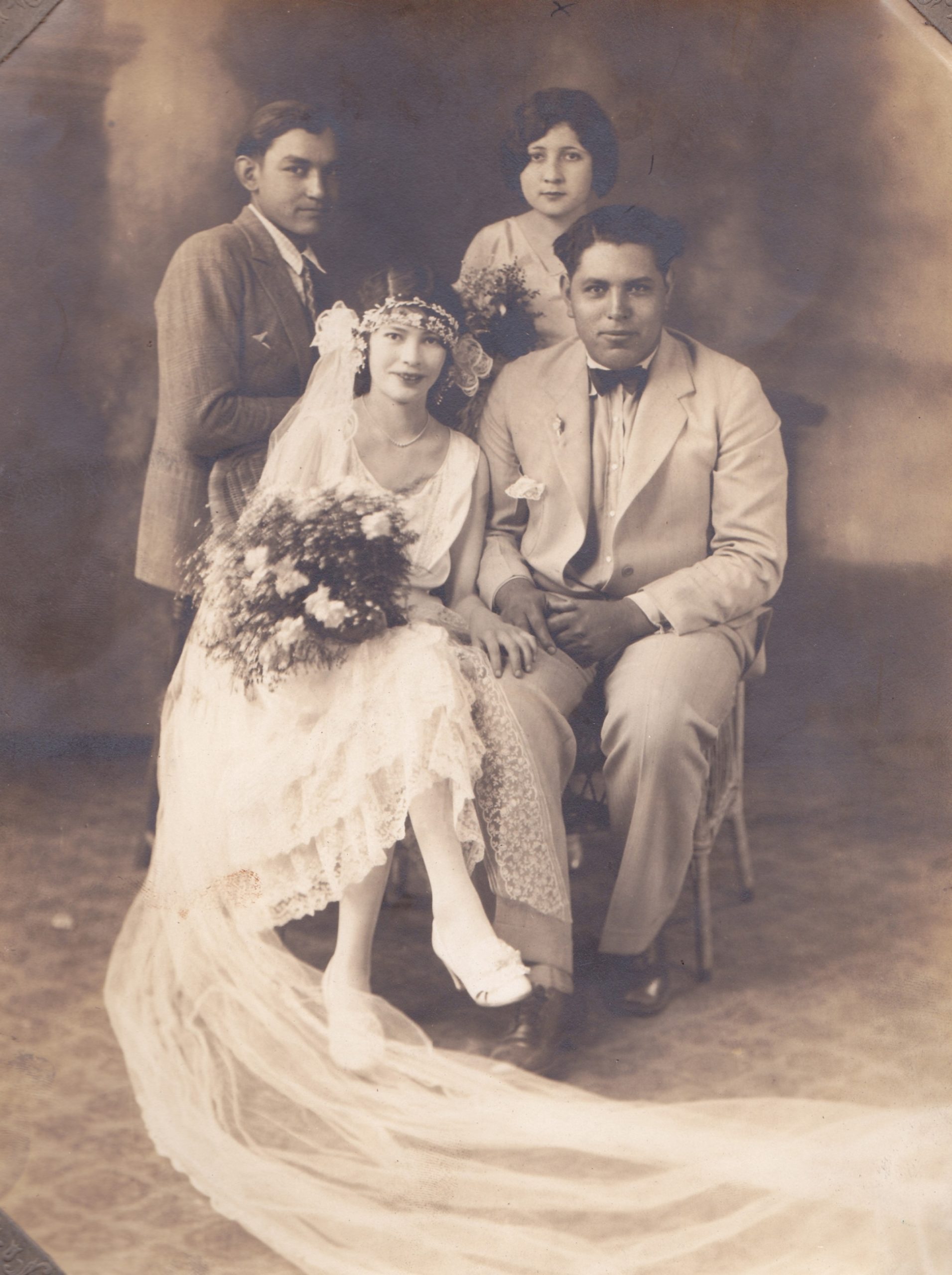
Big Jim and Lucy had two children. Mary Lou was born in 1928 and her brother, James “Jimmy Boy,” was born in 1930. Jimmy Boy’s cousin, Bobby Guardado was born on Date Street. He said, “I was born at home because in 1940, my parents couldn’t afford the $6 it took to go to Monrovia Hospital.” Bobby continues, “Big Jim was my uncle. He was a big strong football player-sized guy. Whenever he saw us, he would say, ‘Wanna wrestle?’ He would let us hit him as hard as we could. He was a nice guy. He was also intelligent, bilingual, and a natural leader.”
Victor, Bobby’s older brother, said of the 1930-50s, “Most of the Mexicans picked oranges, lots and lots of oranges. That’s the way they lived; that’s the way they made it. That’s what our dad did. They worked for Tio Jim who would get the orange pickers from Monrovia and Duarte. Everyone knew Uncle Jim and they all liked him. They worked for Banks’ packing house. Banks would have contracts with the ranchers. There were a lot of oranges then. When it was not picking season, Dad would fumigate the oranges, and make sure they didn’t freeze. They would have burners in the orchards … They had flatbed trucks and all the orange crates had to be hauled up and then tied down with chains. The dollies had iron tires, very very heavy. It was all manual labor. We all picked oranges, grapes, berries. I picked blackberries, boysenberries, raspberries on Royal Oaks and Mountain. I also worked with my cousin, Jimmy Boy. He would climb up the wooden ladder to get the navel oranges on the top. The smaller kids would pick the lower oranges. We had bags and small clippers in our pockets. We were called ratas or rats.” Many children missed school days to help their families during picking season.
Big Jim’s daughter Mary Lou expanded, “In those days, boys would begin working early. The only jobs for Mexicans were the orange groves or strawberry picking. Orange groves were all over the foothills: Duarte, Azusa, Glendora – all the way to Ontario. When the orange season was over, my dad would seek other jobs and then take his orange pickers north to get other work. They went as far as San Jose or wherever there was work. He would take all the orange pickers in his Chevrolet truck, about 10 people. He found jobs for his Mexican men who were mostly from the barrio of Monrovia.”
Mary Lou also said, “My dad ended up with a Peterbilt, the ultimate in trucks at that time. You can haul a lot more. After Dad bought the Peterbilt, he got a job driving for Hamm’s Beer. Dad wasn’t home a lot. He traveled to Arizona and elsewhere. Dad retired from driving at age 65 as that was the Teamsters union rule. I still have his Teamsters’ pin.”
“When Dad had his orange pickers, he would pay them on Saturday night. On Saturday night, they would take their wives to Slick Market, a little grocery store on Myrtle and Olive. Then the guys would go [to] a little pool house near the market. They would often get intoxicated. Monrovia had a police department under Judge Sturgeon. On Saturday night, Judge Sturgeon would call my dad, ‘Jim, we have one of your men here.’ Dad would pick them up every Saturday night and take them home to sleep it off.” Judge John A. Sturgeon graduated from Monrovia High in 1916 and served the city from 1925 to 1966.
Big Jim cared about Monrovia’s Mexican-American community and its future. Mary Lou said, “When I was around fifth grade in Monroe School, I had an Anglo girlfriend who lived near Walnut Avenue. She invited me to go to the Monrovia pool with her. But when we got there, the pool manager told me I couldn’t enter because I was Mexican. I started crying. That made such an impact on me. My girlfriend was real mad at the pool man. Do you know what my parents did? They both went to a City Council meeting to object to that segregation. I was so proud of Mom. That was part of the beginning of desegregation.” Mary Lou said her mother also joined the PTA, the Girl Scouts, and the Boy Scouts to support her children.
“During World War II, my dad was a neighborhood captain. When we had black outs, it was so dark … Our house was surrounded by Japanese strawberry fields that ran north from Huntington Drive. The Uyeda family also planted watermelon and cantaloupes. They used to have a little house and a fruit stand facing Huntington Drive. When the war started, they were sent to [a] concentration camp. I didn’t quite understand. I remember thinking, ‘I’m so glad Mexico didn’t get into a war with the United States because they would have then sent us back to Mexico.’ My parents thought it was just terrible; my dad was angry. They didn’t approve of the evacuation of our Japanese neighbors. My father said, ‘What do they have to do with the war? They live over here.’ The Japanese neighbors left their homes and lost everything. They were very very nice.”
Mary Lou said of the Big Jim’s retirement in the 1970s, “My dad was very active in Monrovia sports activities. My children were at Immaculate Conception (IC) School and Dad volunteered to supervise the children at sports activities. The kids at school all called him ‘Grandpa Jim.’ Dad would go every day and get involved with their games. He went with them to their games. Big Jim was also active with the Guadalupe Society and in the Parent Advisory Group for Monrovia Unified School District.
Mary Lou also said, “A while ago, I went to a funeral and fell into conversation with a lady I met for the first time. She remembered my father! She used to live in Duarte and there was a flood there in the southern barrio when she was just a tiny girl [perhaps in 1938]. But she remembers that my dad got his truck and brought all the flood-affected residents back to Monrovia. He did that all day long. He took them to the homes of their family members and friends where they would have shelter. When he came home, he was so tired and wet. My mother started crying. My father said, ‘I couldn’t come home and leave those people there.’ He was a special and caring man. He was an outgoing guy. He talked to everyone; he knew everyone.”

